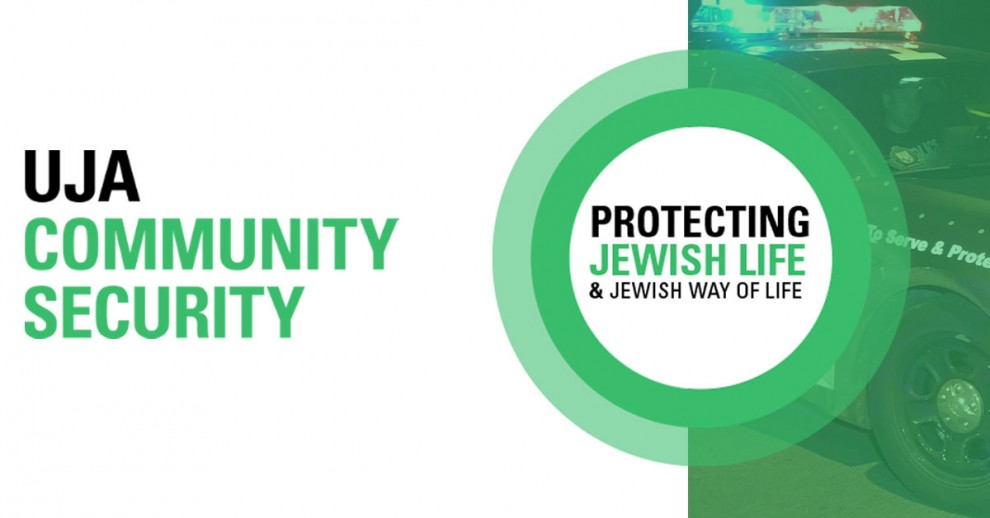Two pop-up sites staffed by members of UJA Federation of Greater Toronto’s security team will help people report antisemitic incidents or threats during the High Holidays.
The reporting sites—either tents or marked vehicles—will be located in the Bathurst Street and Lawrence Avenue area, and in Thornhill, around Bathurst Street and Chabad Gate, Ryan Clow, UJA’s senior director of community security, told The CJN.
Launched as a pilot project this year, the reporting spots are not in response to a specific threat, Clow said.
“The million-dollar question, what we’re always asking about, is the worst-case scenario, from Pittsburgh to Poway,” Clow said, referring to fatal shootings at two American synagogues. “We have no information at the time to suggest any direct or imminent threat like that to the community.”
Members of UJA’s security team will be at the booths to help people report any concerns to police, while respecting their level of observance during the holidays. A staff member, for instance, could dial police and put it on speaker so someone could report an incident, Clow said.
The pandemic has also introduced new security concerns this year, as some synagogues opt to hold services outdoors.
“There are some unique and complex challenges to being outside, but we have what we have. We have COVID and people are looking for ways to connect,” Clow said. “While I think there are risks and different risks to being outside, there is as great or greater risk to hide.”
Concerns about antisemitism are heightened, however, after annual reports have shown that Jews remain among the most targeted of minority groups.
Antisemitic incidents increased five-fold in May during the Israel-Hamas confrontation, UJA Federation reported. B’nai Brith Canada tallied 61 violent incidents in May, the highest number ever recorded.
Many synagogues have hired additional security staff during the High Holidays. This year, the hiring has remained “consistent,” with previous years, Clow said.
Synagogues “don’t need to do anything different the day before Rosh Hashanah or the day after. It’s about a mindset change in the community,” he said.
The community is in what Clow believes is an unhealthy cycle—of having a low level of awareness of threats and then responding “to any incident, regardless of how significant that incident is, by going to 100,” he said.
“If we live with a healthy level of awareness, we’re better able to better deal with those less significant incidents and we’re better prepared to respond to the more significant incidents.”
UJA’s security team has more than doubled in size recently, growing from three staff when it was started in 2019, to seven now.
The growth was planned a while ago, in response to violence aimed at Diaspora communities.
“The difference in a lot of places is that they had to build these teams in response to tragic loss of life,” Clow said. “Here in the GTA, we’re building it in advance of that, so that we can help people become active participants in their own security and reduce the risk of any significant incident in Toronto.”
To report a security concern, UJA’s 24-hour hotline number is 416-635-5600.
B’nai Brith Canada’s anti-hate hotline is at 1-800-892-2624.
